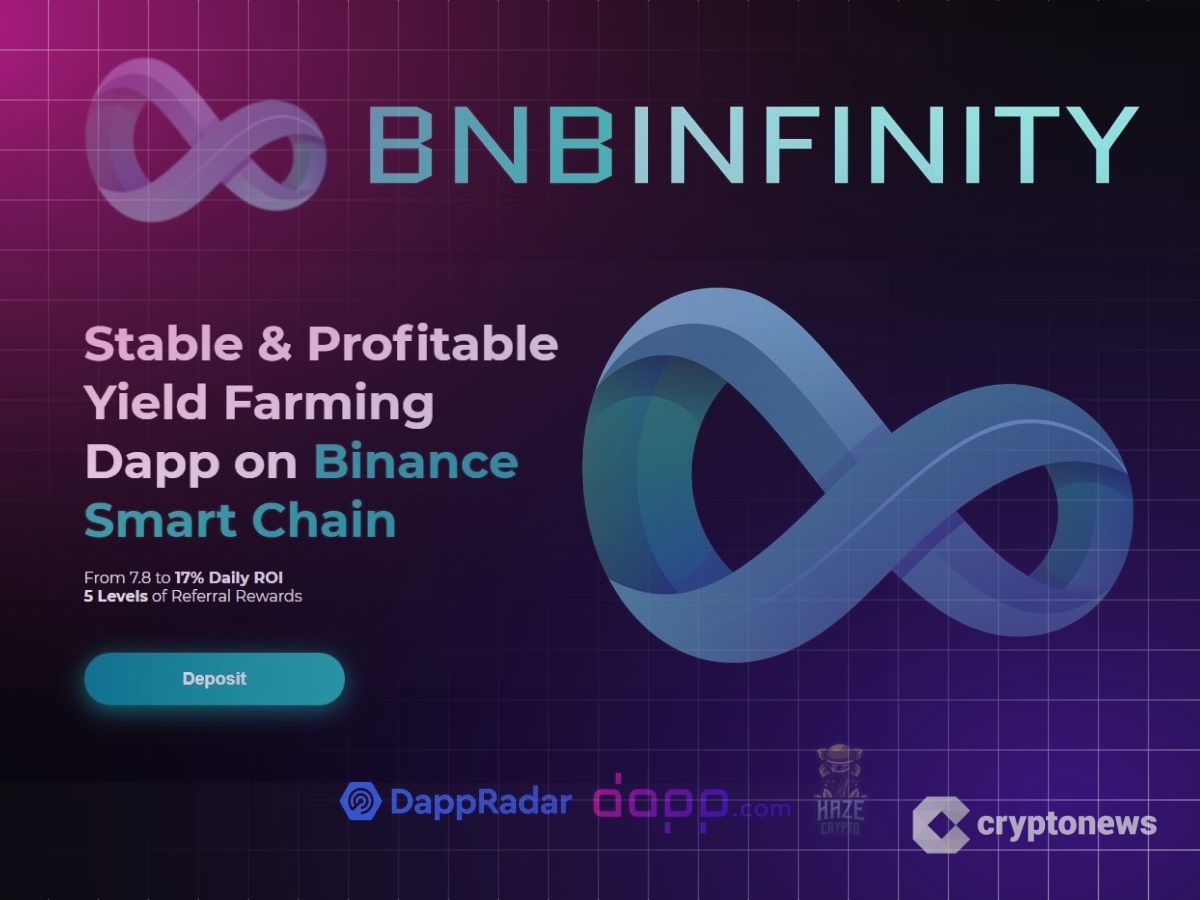In the quickly developing world of digital business, having a solid digital ecosystem is no longer a luxury rather, it is a requirement. An organization can differentiate itself from its rivals by constructing a digital ecosystem that is cohesive, scalable, and cost-effective. This is especially important in light of the proliferation of mobile clone apps and the growing demand for businesses to maintain a digital connection with their customers.
Utilizing clone applications is among the most straightforward approaches to establishing a digital ecosystem. These apps offer a shortcut to the process of creating a business application by imitating the functionality of platforms that are already well-known and profitable. Within the scope of this essay, I will investigate how you can make use of clone applications to construct a flourishing digital ecosystem that propels your company toward success.
What is a Digital Ecosystem?
The term “digital ecosystem” refers to a network of technologies, platforms, services, and applications that are interconnected and operate together to improve business operations and increase efficiency. To put it simply, it acts as the digital backbone of a company, connecting diverse components such as applications, cloud services, application programming interfaces (APIs), and data analytics to support business processes.
The goal of a digital ecosystem is to facilitate scalable expansion without the need for ongoing innovation, to ensure that internal processes run smoothly, and to provide value to customers. It creates a cohesive and effective network by connecting the internal systems of a company, like as applications, databases, and cloud infrastructure, with the outward touchpoints of the organization, such as applications that are directed toward customers, websites, and services provided by third parties.
Organizations that construct and maintain a healthy digital ecosystem will have a huge competitive advantage as the corporate world continues to move more and more toward digital solutions. This is because the ecosystem provides more flexibility and adaptability against the backdrop of a market landscape that is always shifting.
What Are Clone Apps?
Clone apps are pre-built applications that program to copy the functionality of well-known and widely used applications that are currently available on the market. To give you an example, you might make a clone of apps such as Uber or Airbnb, imitating the fundamental characteristics of those apps but also modifying them to fit your business model. The majority of the time, these applications come with a user interface, backend, and important features that are already prepared.
This allows organizations to concentrate on customization, branding, and scaling rather than developing an application from the ground up. One of the most significant benefits of Zillow clone apps is that they save both time and money. They provide a strong base that can adapt to meet the requirements of a particular situation. Through the utilization of this technique, businesses can capitalize on the popularity of established app concepts while yet maintaining the freedom to modify the app to meet their specific needs.
Typical examples of clone apps are ride-sharing applications (such as Uber or Lyft), food delivery applications (similar to UberEats or DoorDash), marketplace applications (such as eBay or Amazon), and service-based applications (such as TaskRabbit or UrbanClap) that offer on-demand services.
Why Would You Want Clone Apps for Your Digital Ecosystem?
When I first began considering how to build a digital ecosystem for my business, I realized that clone apps were the perfect solution. They provide an efficient, low-risk way to get started while offering scalability and the flexibility to grow.
Here are a few reasons they are ideal for digital ecosystems:
- Cost-Effectiveness: Developing an app from scratch can be prohibitively expensive. Clone apps reduce development costs by offering a pre-designed framework that only requires customization.
- Faster Time-to-Market: With a clone app, you don’t need to spend months building an app from the ground up. The core features and functionalities are already in place, allowing you to go live much faster.
- Customization: While clone apps replicate the structure of existing apps, they can modify to meet your unique business needs and brand identity.
- Proven Success: Clone apps are modeled after successful platforms that have been tested in the market. You can leverage their existing model and customer base for better chances of success.
- Scalability: As your business grows, so can your app. Clone apps design to scale easily, meaning you can expand your services without worrying about performance issues.
Moreover, using a clone app minimizes the risks associated with app development. You can take advantage of tried-and-tested features, ensuring that the final 3d product modeling meets user expectations while delivering value from day one.
Important Factors to Give Priority During Clone App Development
Although clone apps provide a solid foundation, they must reflect your business’s vision and goals. This means you need to pay attention to several factors while building your digital ecosystem with clone apps.
- User Interface (UI) and User Experience (UX): A visually appealing and easy-to-use app is critical. It’s not enough for the app to function well you need it to look good and provide a seamless experience for users.
- Scalability and Performance: The clone app should be able to handle growing traffic and transactions as your business expands. Always opt for an app structure that supports scalability from the start.
- Security and Data Privacy: With the rise of cyber threats, your app must adhere to the highest security standards. Ensure that the clone app is built with robust security protocols to protect sensitive user data.
- Branding: Customization is crucial in differentiating your business from competitors. Ensure your clone app reflects your brand’s identity, from logos and color schemes to unique features.
Popular Clone App Ideas to Create Your Digital Ecology
One of the best parts about using clone apps is they provide endless opportunities to create businesses across various industries. Whether you want to enter the transportation sector, hospitality, food delivery, or even freelancing services, there’s a clone app for almost any business model.
Some popular clone apps to help you establish your digital ecosystem include:
- Uber Clone (Ride-Sharing App): Ride-sharing has revolutionized transportation, and creating an Uber clone can help you tap into this highly profitable market. With ride-sharing apps, customers can easily book rides, track their drivers, and make payments all through a mobile app.
- Airbnb Clone (Vacation Rental App): If you’re looking to enter the travel and tourism industry, creating an Airbnb clone can help you create a platform for vacation rentals and short-term stays.
- Food Delivery Clone: The demand for food delivery services has skyrocketed in recent years. By building a food delivery clone app, you can serve customers who prefer ordering food from local restaurants and have it delivered right to their door.
- On-Demand Services Clone: Apps like TaskRabbit or UrbanClap have made it easy to book services like home cleaning, plumbing, and more. By using a clone app, you can enter the booming on-demand service industry.
How to Personalize Your Clone Program to Make a Difference?
While clone apps provide a ready-to-use foundation, it’s important to differentiate your app from others in the market. Customization is where you can add your unique touch to the app, setting it apart from competitors. Here’s how:
- Unique Features: Add or modify features that better suit your target audience. For example, integrate AI-powered recommendations or loyalty programs for customer retention.
- Brand Identity: Incorporate your branding throughout the app. This includes your logo, color scheme, typography, and overall look and feel.
- Localization: Tailor the app to specific geographic regions by offering local languages, currencies, or services. This will enhance the user experience and attract a broader customer base.
The Trip from Clone App to Effective Digital Ecosystem
Not only does the debut of a clone app signify the beginning of a journey of continual growth, but it also marks the beginning of the process of building a successful digital ecosystem. After the main application develop the next phase is to expand the app by incorporating more technologies, forming strategic partnerships, and offering services that are complementary to the core application.
Continuous change is essential to achieving success over the long run. This entails maintaining a heightened awareness of user input and app performance and utilizing these insights to implement consistent updates that include the addition of new features and the correction of issues.
The integration of the app with other critical business tools, such as customer relationship management (CRM) systems, email marketing platforms, or customer care channels, is essential for enhancing the functionality of the app as your ecosystem continues to expand.
In addition, the utilization of data analytics is essential for making decisions that are driven by data, which in turn improves the user experience and guarantees that the ecosystem constantly offers the greatest value.
Conclusion
Bringing your company to life in the digital world can accomplish in a number of ways, one of the quickest and most cost-effective of which is by constructing a digital ecosystem through the use of clone applications. In addition to providing you with a tried-and-true framework to get your business off the ground, clone applications also allow you the flexibility to adapt and scale your operations as your company expands.
Through the utilization of clone applications, it is possible to establish a digital ecosystem that seamlessly connects your business processes, as well as your consumers and partners. In addition, the performance, scalability, and security aspects of the application will guarantee that you are already in a well-position to sustain success.
When all is said and done, there is no better moment than the present to begin the process of constructing your digital ecosystem. The perfect clone app will offer you the foundation you need to be successful in whatever business endeavor you undertake, whether it be a new ride-sharing app, a food delivery service, or any other kind of enterprise.




